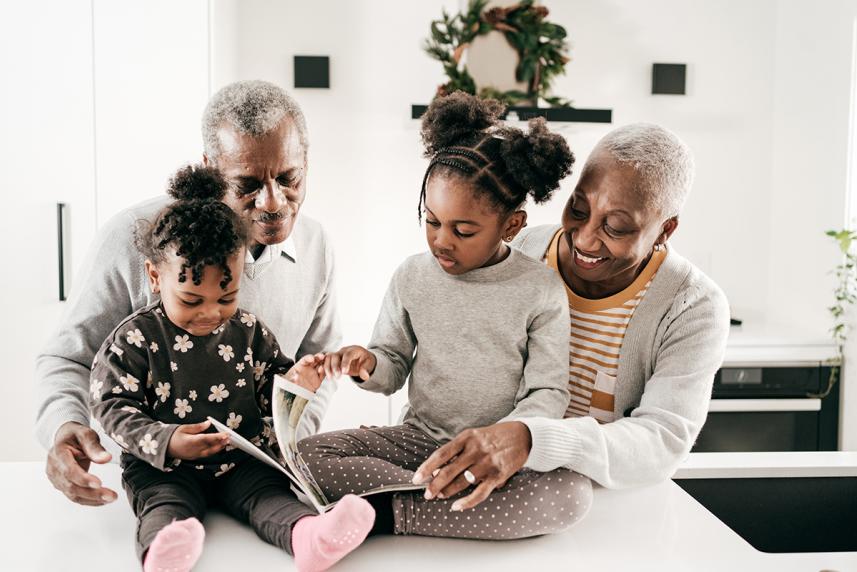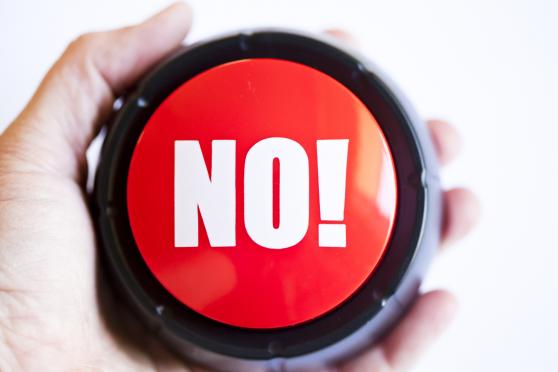Get ahead of the holiday blues
It’s the season of joy — except when it’s not. With the holidays approaching, here are four proven ways to boost your mood.

Glittery lights. Tasty treats. Good cheer. But the supposedly joyful holiday season can have the opposite effect at times, triggering feelings of sadness or anxiety.
Known as the “holiday blues,” these feelings can affect anyone, even if they don’t have existing mental health issues. And for those who do, as many as 67% of adults find that their symptoms can be more severe during the holiday season, according to one recent study.
The holidays can be a tricky time for anyone, says Robert Brady, Ph.D., director of the Anxiety Disorders Service, Dartmouth Hitchcock Medical Center in Lebanon, New Hampshire. “Instead of remembering the fun things, like being with friends and enjoying close relationships, we tend to focus on little details,” he says. “And those negative thoughts can affect our mood.” Fall is a great time to set yourself up for a happier holiday season. These proven strategies can help:
Talk to your PCP. If you know the holidays can leave you feeling down, or if you have an existing mental health condition, check in with your doctor. People can be treated for depression and anxiety, so ask for help, says Brady. Your provider can discuss all the options.
Stay active. Movement is a proven mood booster. One recent study found that just three to five sessions of moderate exercise a week can reduce symptoms of depression. “Find ways to keep active during the cold months,” says Brady. “If you’ve been an avid walker, you might want to join the gym for a couple of months.” Or consider an at-home workout like the one in this issue.
Avoid alcohol or other drugs. It can be easy to slip into unhealthy habits during the holidays. But self-medicating can lower levels of the feel-good hormone serotonin, disrupt sleep, and make depression worse.
Make a plan. Fall can be a great time to try something new at home, such as taking an online class or meeting with family over Zoom. “Staying engaged and doing things that make your life meaningful is the best way to keep your mood in a good place,” says Brady. “Make a plan for that to happen.”
Feeling down? Here’s help.
The first step to beating the holiday blues is awareness, says Brady. If you notice any of the following signs, try some of the ideas below. And if you’re still not feeling like yourself, talk to your provider. There are many proven ways to treat depression and anxiety, including therapy and medication.
You feel physical tension. Your muscles tense up and you feel short of breath or have a headache.
Try this: “Be aware of how you’re responding to stress,” advises Brady. If you’re feeling the physical effects of stress, take some deep breaths. Then plan moments to relax, such as taking a walk outside or checking that you’re getting enough sleep.
You don’t want to see others. Maybe you’re focusing on past holidays and missing the people who aren’t with you anymore. Or you’re worried that your mood will bring others down.
Try this: If it’s safe, go out anyway. “Avoiding gatherings because you assume you won’t enjoy them never improves your mood,” says Brady. “It’s more effective to engage with others.”
You’re imagining the worst. If you’re thinking about all the things that might go wrong, it can overshadow the more joyful parts of the season.
Try this: Focus on the best parts of getting together with family and friends. “If you’re picturing the way things will go in the future, you’re getting into fortune-telling,” says Brady. “Don’t let your worry and your negative mood spiral into anxiety. Try to just have fun.”


